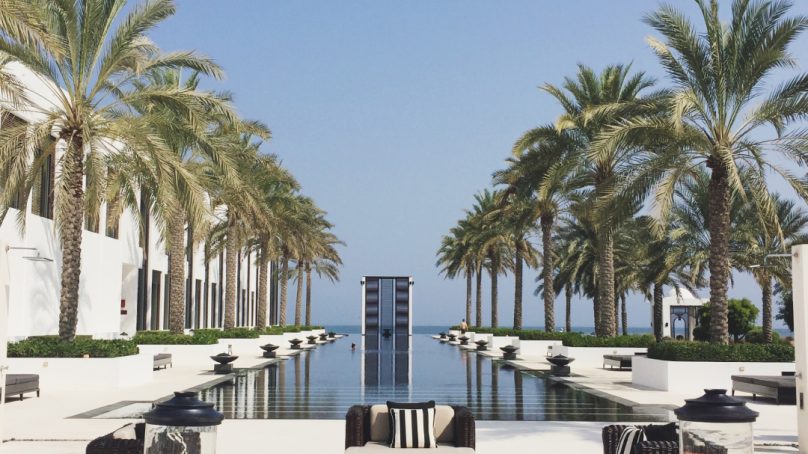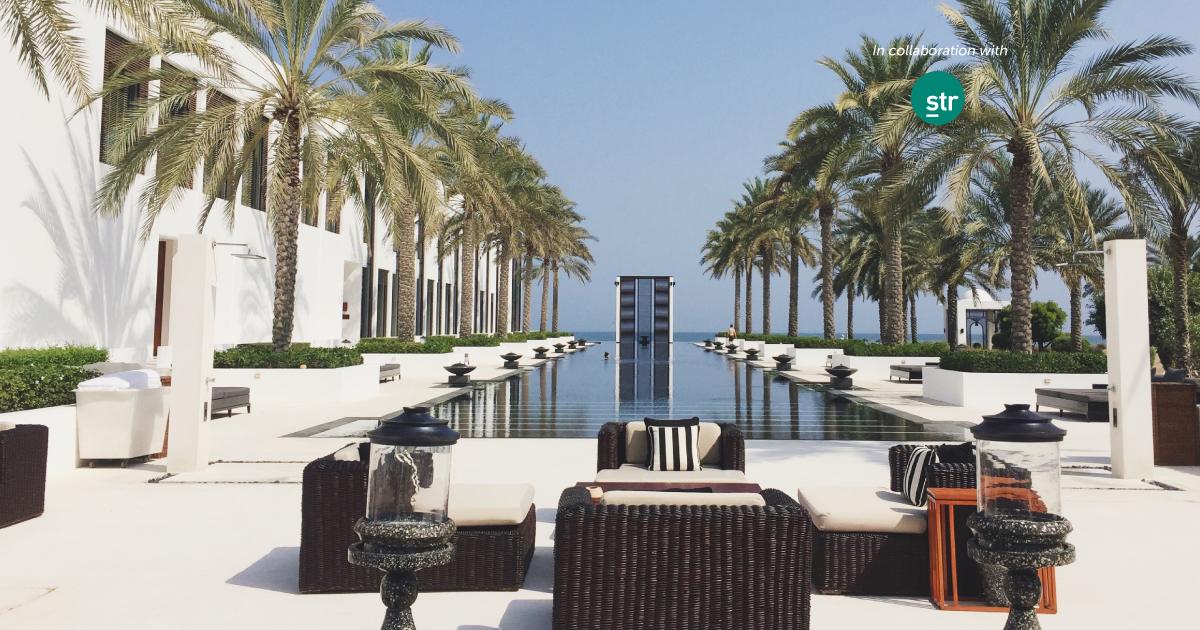
In recent decades, the GCC has embarked on a transformational journey, with the hospitality sector playing a lead role en route for much of the time. A region many previously regarded as unattractive, unstable or simply undiscovered has now emerged as a leading global investment hotspot. Hospitality and hotel investment has gained prominence by facilitating and driving this rapid change, with the thousands of hotels already developed transforming not only the local urban landscapes, but also the wider global tourism scene.
Dubai’s success story
Dubai is a prime example of what is possible when visionary leadership, socioeconomic stability and public/private investment converge. From the inception of Emirates Airlines in 1985 to the construction of Palm Jumeirah in 2006 and the opening of Burj Khalifa in 2010, hospitality has been a key driver of Dubai’s evolution from the outset. Ambitious projects have paved the way for equally ambitious events to take place, including EXPO 2020, which attracted more than 24 million visitors. The hotel industry has consistently kept pace with overall tourism growth, reaching an impressive 708 hotels and 147,176 rooms in August 2023.
Broadening the appeal
The average daily rate (ADR) for Dubai hotels stood at USD 188 in 2022, down from USD 308 in 2008, in a sign that today, there’s a hotel for every type of traveler around the city, including plenty of quality midscale and economy properties. While Dubai has always been synonymous with lavish hotels, the hotel supply consisted primarily of luxury properties more than a decade ago, skewing the ADR to extreme heights. Just over 40,000 rooms in Dubai are in the upscale class today, representing 28 percent of total room supply. Luxury hotels follow next, providing 21 percent of supply which is only slightly ahead of other major markets, including New York City, Singapore and Sydney, whose luxury hotel supply is of a similar percentage. As the hotel industry in Dubai matures and continues to grow, we expect it to further align with global trends, which will dovetail well with the emirate’s ambitious plans to attract millions of additional visitors from across the globe.
KSA’s megaprojects a magnet for investors
Meanwhile, a neighboring giant has sprung into action against a backdrop of tourism hype and broader regional growth. Saudi Arabia has embarked on a revolutionary modernization journey of its own since the launch of Vision 2030 back in 2016. At the time, the intention was to cement the Kingdom’s status as ‘the heart of the Arab and Islamic worlds, the investment powerhouse and the hub connecting three continents.’ With tourism a key pillar of the economic reforms, Saudi Arabia is now in the midst of a gargantuan boom in hotel room supply, which is expected to continue for many years to come. Investors from across the globe have shown themselves keen to participate in the plethora of megaprojects available, recognizing the potential of these openings and supported by solid backing from the Kingdom’s Public Investment Fund.
A robust hotel pipeline
New megaprojects aside, key gateway cities like Riyadh, Makkah and Jeddah are also expanding with additional investment opportunities and a growing hotel infrastructure of their own. Saudi Arabia now boasts the third-largest hotel development pipeline in the world after China and the US, with 86,087 rooms currently under contract, spread across STR’s In Construction, Final Planning and Planning phases. Approximately one-third of those rooms represent upscale hotels with another 19 percent consisting of luxury properties. Once again, this trend points to the development of a varied and inclusive tourism product, targeting a wide spectrum of tourists.
Spotlight on sports
Substantial investment in demand generators is supporting hotel room inventory growth, with a particular focus evident in recent years on sports. Saudi Arabia now occupies a prestigious slot on the Formula 1 calendar, with an annual grand prix having taken place in Jeddah since 2021. There has also been a sharpened focus on football, with investments in both international and domestic clubs, including Newcastle in the UK and Riyadh-based Al Nassr respectively. The latter made global headlines earlier this year after signing football superstar Cristiano Ronaldo.
Overall, the substantial developments in tourism and hospitality further underscore the exciting investment opportunities that the region offers, at a time when, significantly, the economic environment in several other global markets is subdued. As these nations continue to invest in their hospitality infrastructure, the industry is poised for sustained growth, aligning with global trends and catering to the diverse needs of modern travelers.

Kostas Nicolaidis
Middle East & Africa Executive
STR
str.com

















